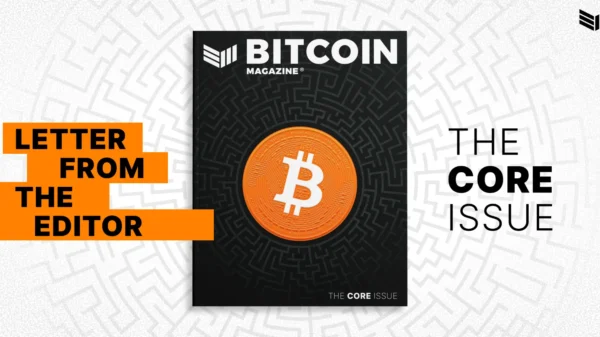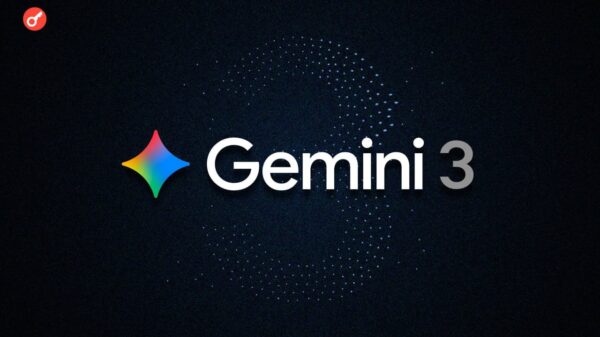Kaito, a cutting-edge Web3 information platform known for its ability to index complex crypto data, has unveiled a pioneering initiative in collaboration with Polymarket. This partnership introduces what they term the first “verifiable mindshare markets,” a novel category of prediction markets that leverages AI to gauge sentiment, popularity, and social media discussions.
The announcement, shared on X, emphasizes that this initiative marks the beginning of a new market category, allowing users globally to predict mindshare, sentiment, and popularity across various topics. The Kaito-Polymarket offering is designed to ensure verifiability at each phase, distinguishing it from conventional sentiment indices that often rely on non-transparent algorithms.
Kaito highlighted the complexities involved in transitioning AI from a non-transparent to a verifiable system. To address these challenges, they have teamed up with EigenCloud, which utilizes its EigenAI technology. This collaboration transforms opaque models into verifiable computations, enabling external audits prior to the settlement of payouts on Polymarket.
EigenCloud tweeted, “AI creates the markets, EigenCloud makes the AI verifiable, and Polymarket brings it to the world,” further underscoring the significance of this launch as a step toward establishing verifiable markets.
Another critical component of this framework is provided by Brevis, a zero-knowledge proving service. This technology allows Kaito to maintain the confidentiality of its proprietary scoring algorithms while still enabling users to verify the accuracy of the computations. Brevis pointed out the importance of trust in prediction markets, stating, “When a company controls the algorithm determining “mindshare” scores, how do you prove those scores weren”t manipulated?”
Through the use of zero-knowledge proofs, Brevis ensures that Kaito”s mindshare calculations are validated without exposing the proprietary algorithms, effectively functioning as a trustless computation oracle. This synergy, combined with EigenCloud”s capabilities, establishes a robust framework for trustless interactions within the market.
The introduction of these verifiable mindshare markets allows traders to engage with real-time metrics of online attention, moving beyond traditional predictions tied to specific future events. This shift comes at a time when platforms like Polymarket are increasingly becoming integrated into mainstream finance. Recently, Google has begun incorporating Polymarket and Kalshi prediction market odds into its Google Finance platform, signaling a growing recognition of prediction markets.
As Polymarket solidifies its status as a leading prediction market platform, it has successfully completed a $200 million funding round, achieving a valuation of $1 billion. This financial backing, led by Peter Thiel”s Founders Fund, follows the platform”s notable predictive accuracy during the 2024 U.S. presidential election. Speculations are rising that Polymarket may soon pursue an IPO, especially after Intercontinental Exchange (ICE) expressed plans to invest up to $2 billion at a valuation of around $8 billion.
In summary, the collaboration between Kaito and Polymarket represents a significant advancement in the evolution of prediction markets, with a strong emphasis on verifiability and trust, setting a new standard in the industry.
















































































